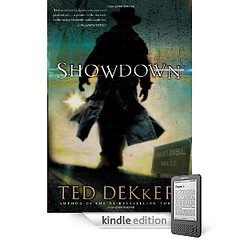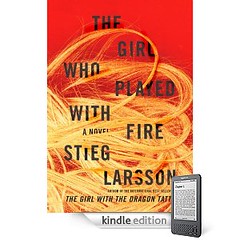I’ve been sitting on this post for a while. Here’s a summary of 43 Books About War Every Man Should Read:
The Persian Expedition by Xenophon.
Greek Tragedy by Aeschylus, Euripides, and Sophocles.
History of the Peloponnesian War by Thucydides.
Gates of Fire: An Epic Novel of the Battle of Thermopylae by Steven Pressfield.
The Western Way of War: Infantry Battle in Classical Greece by Victor Davis Hanson.
The Art of War by Sun Tzu.
The Campaigns of Alexander by Arrian.
Genghis Khan and the Making of the Modern World by Jack Weatherford.
The Book of Five Rings by Miyamoto Musashi.
Napoleon: A Life by Paul Johnson.
On War by Carl von Clausewitz.
The Fifteen Decisive Battles of the World: From Marathon to Waterloo by Sir Edward Shepherd Creasy.
Civil War Stories by Ambrose Bierce.
Ulysses S. Grant: Memoirs and Selected Letters by Ulysses S. Grant.
Sherman: Soldier, Realist, American by B.H. Liddell Hart.
Memoirs of General William Tecumseh Sherman by William Tecumseh Sherman.
Daring and Suffering: A History of the Great Railroad Adventureby William Pittenger.
Incidents and Anecdotes of the Civil War by Admiral David Porter.
The Civil War: A Narrative by Shelby Foote.
Cold Mountain by Charles Frazier.
Company K by William March.
Seven Pillars of Wisdom by T.E. Lawrence.
The Liberator by Alex Kershaw.
With the Old Breed: At Peleliu and Okinawa by E.B. Sledge.
Helmet for My Pillow: From Parris Island to the Pacific by Robert Leckie.
Losing the War by Lee Sandlin.
Captain Corelli’s Mandolin: A Novel by Louis de Bernieres.
Knight’s Cross: A Life of Field Marshall Erwin Rommel by David Fraser.
American Patriot: The Life and Wars of Colonel Bud Day by Robert Coram.
What It Is Like To Go To War by Karl Marlantes.
A Rumor of War by Philip Caputo.
Boyd: The Fighter Pilot Who Changed the Art of War by Robert Coram.
Charlie Wilson’s War by George Crile.
My War Gone By, I Miss It So by Anthony Loyd.
War Is a Force that Gives Us Meaning by Chris Hedges.
The Heart and the Fist: The education of a humanitarian, the making of a Navy SEAL by Eric Greitens.
Where Men Win Glory: The Odyssey of Pat Tillman by Jon Krakauer.
Brave New War: The Next Stage of Terrorism and the End of Globalization by John Robb.
The 33 Strategies of War by Robert Greene.
The Savior Generals: How Five Great Commanders Saved Wars That Were Lost by Victor Davis Hanson.
On Killing: The Psychological Cost of Learning to Kill in War and Society by Dave Grossman.
WAR by Sebastian Junger.
Thank You for Your Service by David Finkel.
For things like a summary of the books, check out the original post.
Image from Moyan_Brenn via flickr








